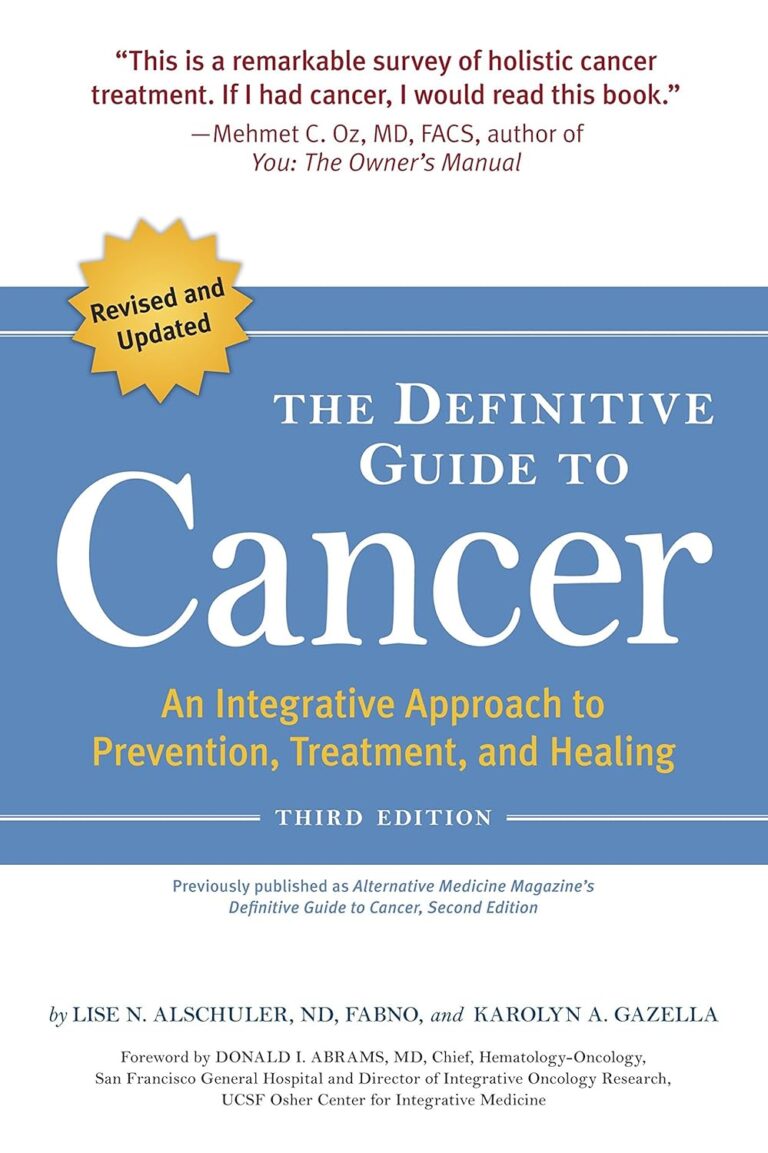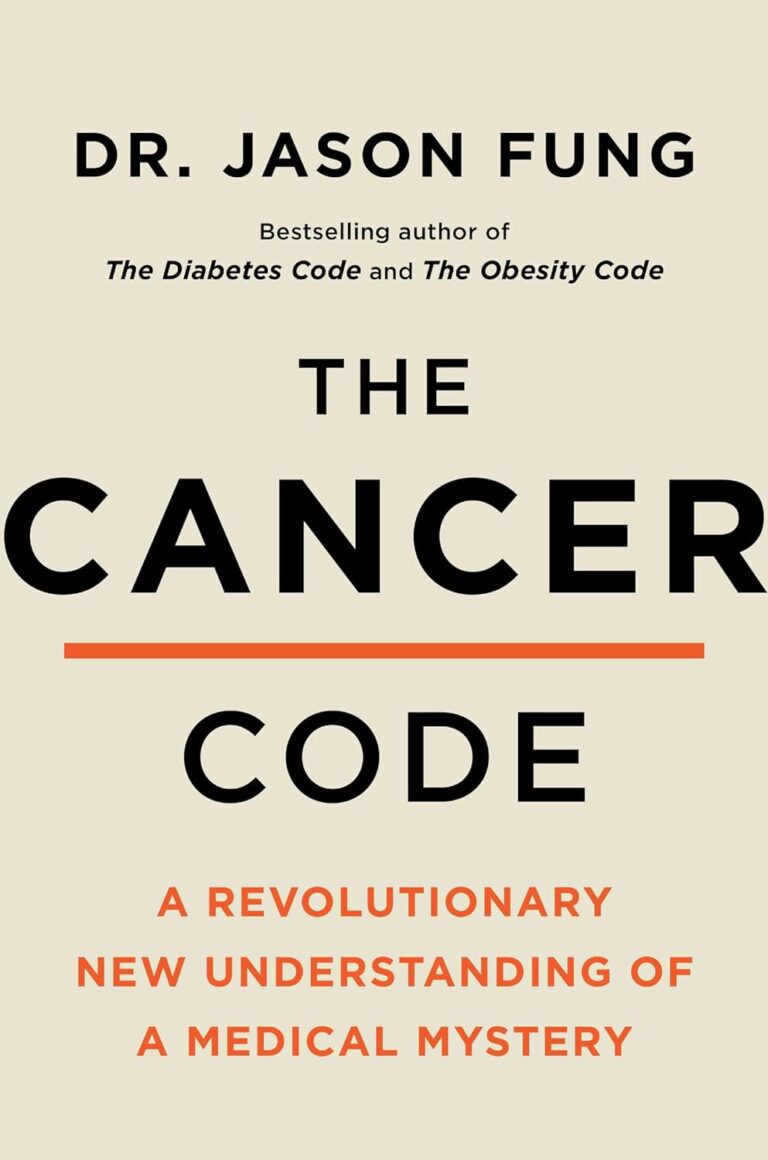
Rooted within the vast and complex universe of medicine is the intriguing science of cytology. The dynamic study of individual cells may seem minute in proportion to the overall anatomy, yet its significance and influence permeate various fields from medicine to forensics, creating a profound impact.
Understanding cytology provides a deeper perspective on how our bodily functions work at the very core, allowing us to comprehend crucial processes, and the effects of diseases, that dictate our health and well-being. This article aims to unravel the essence, applications, and potentials of cytology, offering clues to its past, present, and future relevance.
Understanding the Science of Cytology
Definition and Meaning of Cytology
Literally translating to “the study of cells,” cytology is a branch of life science involving the observation and analysis of cells from plants and animals. It delves into the structure, function, chemistry, and pathology of cells, helping scientists understand the basic building blocks of life.
Origin and History of Cytology
The roots of cytology trace back to the 17th century following Robert Hooke’s groundbreaking discovery of cells. The invention of the microscope and the advent of staining techniques brought significant advances, allowing scientists to visualize cellular structures and processes. Modern cytology now leverages advanced technologies, heralding a new era of discovery and understanding.
Fields and Specializations in Cytology
Fields and specializations in cytology are aplenty, encompassing areas such as clinical cytology, exfoliative cytology, ultrastructural cytology, and cytogenetics. Each of these specializations offer unique insights into cell behavior, function, and morphology, paving the way to new discoveries and large strides in healthcare advancement.
Delving into the Cellular World
The Basic Components of a Cell
Cells, though microscopic, are alive with complex activities. Key components include the nucleus, cytoplasm, and organelles such as mitochondria and endoplasmic reticulum. Each part plays specific roles vital for cell function and survival, forming the crux of life itself.
Understanding Cell Function and Behavior
Cells are dynamic microcosms, engaging in numerous processes like cell growth, communication, metabolism, and death. By understanding cellular functions and behavior, we gain critical insights into how our bodies operate, and how diseases can disrupt these delicate processes.
Get to know us better
If you are reading this, you are in the right place – we do not care who you are and what you do, press the button and follow discussions live

Common Cellular Processes
Common cellular processes range from basic to complex, including cell division, DNA replication, protein synthesis, and apoptosis or programmed cell death. Each process is tightly regulated, contributing to homeostasis, growth, and development of an organism.
The Applications and Relevance of Cytology
Cytology in Medicine – Diagnostic Cytology
One of cytology’s most valuable applications lies in disease diagnosis and study. Diagnostic cytology is a cornerstone in detecting a variety of conditions, particularly cancers.
Pap Smear – Cytological Screening for Cervical Cancer
The Pap smear (Papanicolaou test) is a prime example of cytology’s efficacy in disease diagnosis. This non-invasive procedure lodges cells from the cervix for cytological examination, playing a pivotal role in detecting precancerous cells and cervical cancer.
Fine Needle Aspiration – Cytology for Oncologic Purposes
Fine Needle Aspiration (FNA), a cytology-based technique, has proven instrumental in diagnosing and monitoring various types of cancers. It involves the extraction of cell samples using a fine needle, aiding pathologists in identifying malignant cells.
Cytology in Research – Cell Studies and Discoveries
Cytology fuels important research strides, unlocking secrets within cells, and generating discoveries about diseases, genetics, and cellular processes. Its influence spans modeling diseases, studying cell behavior, understanding genetic variations, and promoting therapeutic advancements.
Cytology in Other Fields – Forensics, Paleobotany, and the likes
Moreover, cytology extends its imprint to fields including forensics where it aids in identifying victims or perpetrators, and paleobotany for studying ancient plants and deciphering past climatic conditions.
The Future of Cytology
The Emerging Techniques in Cytology
Growing advancements in machine learning, AI, and biotechnology herald a promising future, with new cytology techniques having potential to boost diagnostic precision, automate processes, and facilitate research advancements.
How Cytology Could Shape the Future of Medicine and Science
As the science propelling personalized medicine, cytology could potentially reshape healthcare by enabling improved diagnostics, targeted therapies, and better patient outcomes. With its extensive reach, cytology could also foster discoveries in diverse scientific domains.
Potential Challenges and Ethical Issues Surrounding Cytology
Despite its potential, cytology poses challenges such as the necessity for high-cost technologies, technical expertise, and quality control in procedures. Ethical issues, particularly in genetic testing and biobanks, also need addressing to ensure privacy, consent, and equitable resource use.
Conclusion
Summary of Key Points Discussed
We have traversed cytology’s rich historical origins to its pivotal role in modern medicine and research. The understanding of cell biology offers invaluable diagnostic, therapeutic, and research applications across medical and non-medical fields.
Final Thoughts About the Importance and Relevance of Cytology
With its pivotal role in enhancing our understanding of life at the cellular level, cytology stands as an indomitable pillar of science and medicine, holding promising potential for the future.
Frequently Asked Questions (FAQs)
- What is the difference between histology and cytology?
While both focus on microscopic structures, histology studies tissue organization, while cytology concentrates on individual cells.
- How does cytology contribute to the field of medicine, particularly in diagnostics?
Cytology contributes by identifying abnormal cell structures potentially indicative of diseases, such as cancer, in diagnostic procedures like Pap smear and FNA.
- Can cytology be used in the research for chronic and degenerative diseases?
Yes, cytology can aid in understanding cellular mechanisms involved in these diseases, paving the way for therapeutic developments.
- What are some significant discoveries that owe their success to cytology?
From the initial discovery of cells to significant advances in cancer detection, cytology has been at the heart of numerous scientific breakthroughs.
- What promising developments in cytology should we look forward to?
Rapid advancements in biotechnology, AI, and machine learning predict exciting developments in cytology, potentially revolutionizing diagnostics, research, and personalized medicine.

















Comments
Thank you. Comment sent for approval.
Something is wrong, try again later